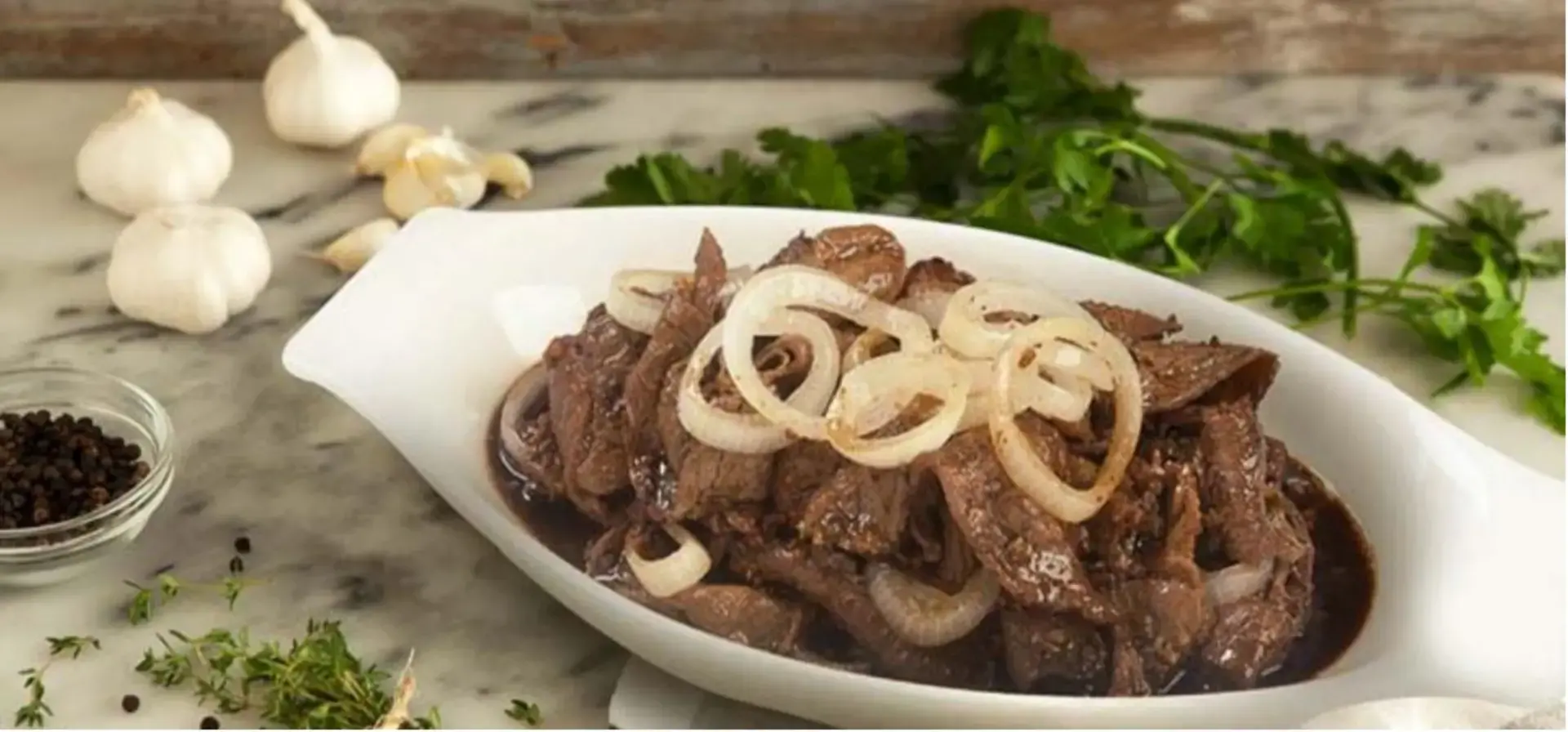What image comes to your mind when you hear the word “calories?” Is it a food label? A fitness influencer? Maybe even a weighing scale? Interestingly, all these three images are appropriate answers in their own way. But if confusion’s eating you up inside, don’t sweat it. We’re here to digest the true meaning and context of calories.
Delve into the world of calories and understand their significance. Calories fuel our bodies like money fuels our wallets. Finding the right balance is crucial for optimal function. Learn how to manage your calorie intake, whether for weight loss or gain, and discover tips for maintaining a healthy diet.

Scientifically speaking, a calorie is a unit of energy. It’s the measurement of how much power a specific food type provides to the body. All types of foods, whether fats, proteins, carbohydrates, or sugars, are important sources of calories necessary for people to function fully—without it, life’s a whole less fun, even downright impossible.
Imagine a wallet, if you will, and calories are money. The brain, muscles, and everything else in our body require a certain budget to function. Being broke on calories inevitably leads to a load of issues like loss of lean muscle mass, difficulty concentrating, poor energy levels, and many more.
Sticking to our wallet analogy, our daily sustenance is us topping up our accounts, so we have more to spend on our important body functions. But like everything in life, moderation is key. This is where ideal daily calorie intake comes into play. There’s no one-size-fits-all number, however, as there are several factors that can affect how high or low that range is. Here are some of those:
- Specific functions (such as for athletes)
- Pre-existing health conditions
- Lifestyle
- Age
- Sex
The folks at the National Nutritional Council say a moderately active middle-aged woman should consume around 2,000 calories a day. For men, they say the daily range is around 2,400 to 2,600 calories. No matter what they say, the safest way to tell how much your calorie intake should be is to ask a nutritionist or dietitian. They’ll take everything into consideration—your goal weight, how much you move on a daily basis, how old you are, etc.—and create a personalized meal plan for you.
Alternatively, you can also go at it solo. Just be sure to have these two things: patience to research the calorie content of various foods and a calorie counter to monitor your daily intake.
By now, you have a rough idea of how much you should consume per day, but there are reasons to go higher or lower than recommended. Here’s why some people—and maybe even you—would want to do that.
A calorie deficit, simply put, is eating less calories than your body needs to maintain its current weight and form. Needless to say, this is perfect for those trying to lose weight. On the opposite end of the plate is a calorie surplus, consuming more than your body’s maintenance level. If weight gain and more mass is what you’re looking for, this is your way in, especially if you’re experiencing uncontrollable weight loss.
Here are some diet tips to help you get a head start on your fitness goals:
One effective way of getting you into a calorie deficit is swapping out sugary drinks with water. Methods of portioning your food, like getting a smaller plate or preparing your meals ahead of time, are also ideal for gaining control of your food intake.
Going the low-calorie route, however, might affect your energy levels and leave you hungry most of the time. An energy-boosting versatile pantry staple is MILO®️, perfect for smoothies, breakfast spreads, overnight oats, and other desserts and snacks.
Eggs are also your best friend when you’re lessening your calorie intake without compromising on your nutrients. In addition, stocking up on Nestlé Greek Yogurt satisfies your dairy cravings and pairs well with melons and other low-calorie fruits.
For lunch or dinner, you might want to try this sinigang na bangus sa sampalok at bayabas recipe.
You don’t have to be a fitness buff to get acquainted with the benefits of having more protein, one of which is controlling your body weight. Protein keeps you full for longer periods of time, reducing impulsive snacking. It also enhances your metabolism—both when you’re moving and when you’re at rest—to help your body burn more calories.
For meal ideas, you might want to check the following recipes:
Now you have the ins and outs of calories, don’t forget to consult your nutritionist before making huge changes in your eating habits. This will help you avoid any adverse effects like allergic reactions or digestive problems.
Lastly, always remember that mindful and smart choices in your diet will lead to a buffet of benefits in the long run!











